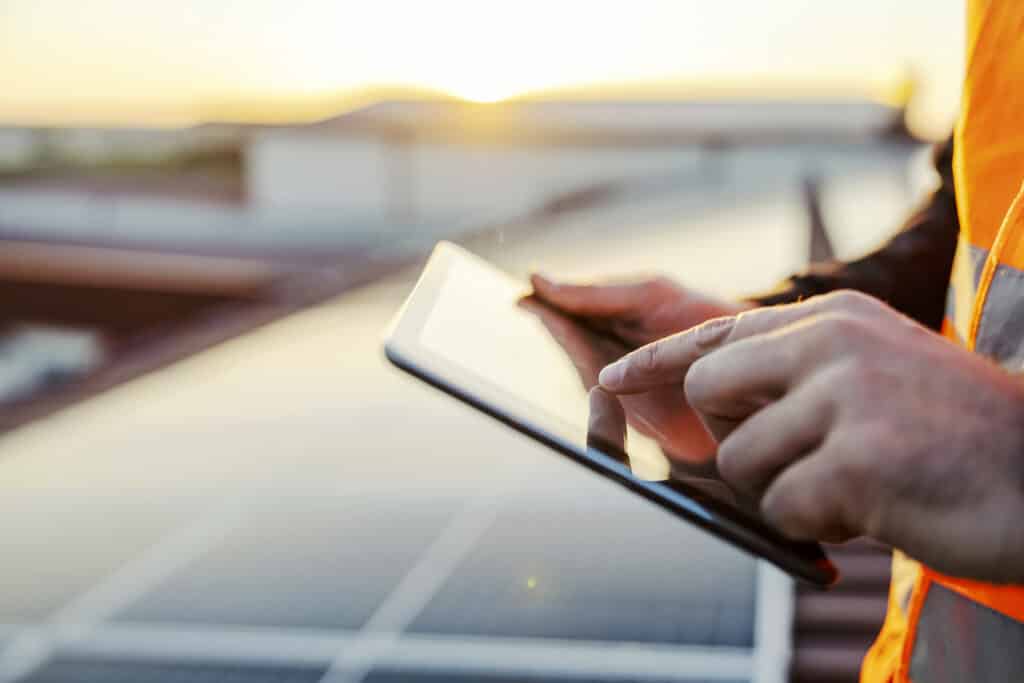Thinking about installing smart solar panels in your Florida home? Before you make the leap to renewable energy, it’s essential to ensure that your home is ready for installation. Here’s a comprehensive checklist to help you prepare for the installation of smart solar panels in the Sunshine State:
1. Assess Your Roof
Start by assessing the condition and suitability of your roof for solar panel installation. Check for any structural issues, leaks, or damage that may need to be addressed before installation. Additionally, consider the orientation and angle of your roof to maximize sunlight exposure for optimal energy production.
2. Determine Solar Panel Placement
Work with your solar installer to determine the best placement for your solar panels. Consider factors such as shading from nearby trees or structures, roof obstructions, and local building codes and regulations. Aim for unobstructed sunlight exposure throughout the day to maximize energy production.
3. Check for Roof Permits and Regulations
Before installing solar panels on your roof, ensure that you have the necessary permits and comply with local building codes and regulations. Obtain any required permits from your local government or homeowner’s association and ensure that your installation meets all safety and regulatory requirements.
4. Evaluate Electrical System Compatibility
Evaluate your home’s electrical system to ensure compatibility with solar panel installation. Check the capacity of your electrical panel and consider any upgrades or modifications that may be necessary to accommodate the additional energy generated by solar panels.
5. Consider Energy Storage Options
Explore energy storage options, such as batteries or solar inverters with built-in storage capabilities, to store excess energy generated by your solar panels. Energy storage can help you maximize self-consumption, reduce reliance on the grid, and provide backup power during outages.
6. Review Financing and Incentives
Research financing options and incentives available for solar panel installation in Florida. Explore federal, state, and local incentives, such as tax credits, rebates, and net metering programs, to offset the cost of installation and maximize your return on investment.
7. Schedule Professional Installation
Once you’ve completed the necessary preparations, schedule professional installation with a reputable solar company. Ensure that your installer is licensed, insured, and experienced in solar panel installation to guarantee a safe and successful installation process.
8. Plan for Maintenance and Monitoring
Develop a plan for ongoing maintenance and monitoring of your solar panel system. Schedule regular inspections, cleaning, and maintenance to keep your panels operating at peak performance. Consider investing in monitoring software or services to track energy production and detect any issues promptly.
Conclusion: Ready, Set, Solar!
In conclusion, preparing your home for smart solar panel installation in Florida requires careful planning and consideration of various factors. By following this comprehensive checklist, you can ensure a smooth and successful installation process, allowing you to harness the power of the sun and enjoy the benefits of clean, renewable energy for years to come. So, get ready to go solar and take a step towards a brighter, more sustainable future in the Sunshine State!

